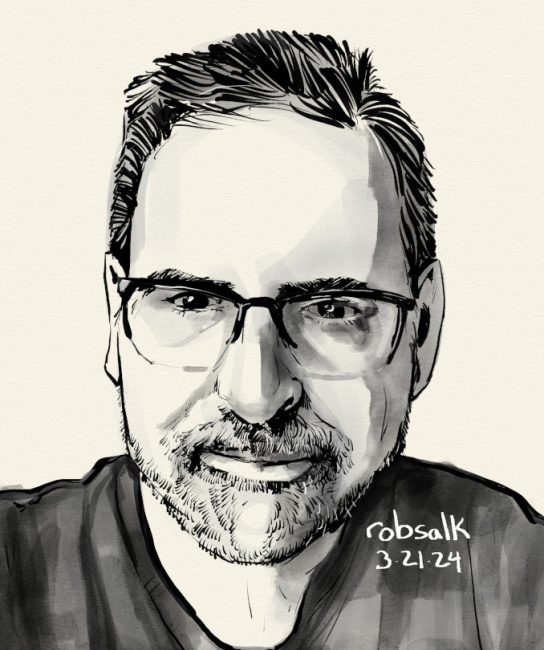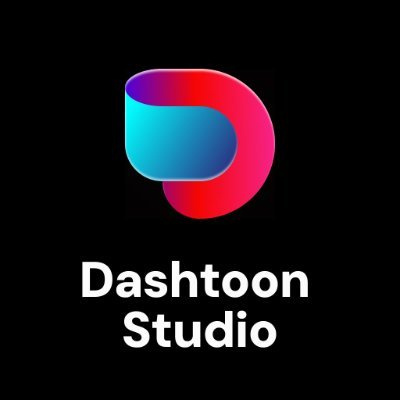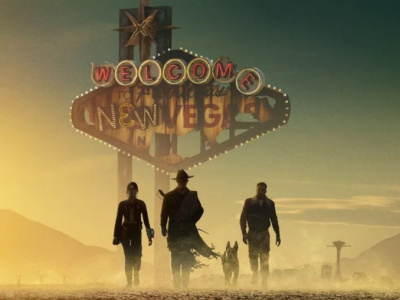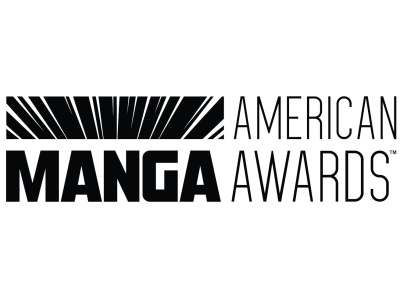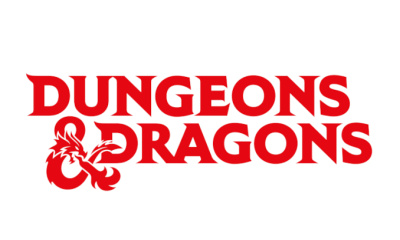Right after San Diego Comic-Con, former NFL quarterback and civil rights activist Colin Kaepernick announced, with great fanfare, a platform called Lumi, which promises to "free creators and democratize storytelling" by "leveraging advanced AI tools [that] empower creators to authentically create their stories."
Investors like Alex Ohanasian’s Six Seven Six, Kapor Capital, Impellent Ventures, and a rogues’ gallery of Silicon Valley execs were enthusiastic to the tune of $4 million in seed funding. Creators, less so. In fact, the company and Kaepernick personally took a savage roasting online, notwithstanding his genuinely admirable anti-racism stance that cost him dearly in his football career.
It turns out Kaepernick was just the first player flushed out of the pocket and subjected to a massive pile-on. Several other companies are rolling out similar offerings that probably look awesome in the pitch deck, but may face a different reception in the market.
Dashtoon announces an ambitious partnership with an AI twist. San Francisco-based Dashtoon is an emerging platform that launched in January, following the Webtoon model of mobile-first, vertically scrolling comics, user generated content, and ties to the blazing hot Korean pop culture industry.
Today the company is announcing a global partnership with the Korea Webtoon Industry Association to extend K-content to markets in the U.S., India and elsewhere in South Asia, extending an existing relationship with Google Play.
Selling webtoons in India is a great idea! The country is full of pop culture-obsessed young people, has decent mobile connectivity, and, despite severe poverty, boasts hundreds of millions of upwardly mobile middle class consumers. I literally wrote a book about the promise of these kinds of markets back in 2010, so I applaud companies willing to take the (not insignificant) risks this kind of move entails.
But… "Dashtoon and KWIA member companies plan to collaborate and produce AI-assisted webtoons." Gulp.
"Dashtoon is committed to democratizing comic creation by empowering individual creators and small webtoon studios to bring diverse, high-quality content to our readers worldwide," said Lalith Gudipati, COO and Co-Founder at Dashtoon. (Emphasis added.)
When I asked for clarification on this point, a company spokesperson responded: "Dashtoon Studio is a tool for artists, not something that will replace them. The company employs over 300 artists in-house and is also working with comic studios from around the world to create comics. The entire screenplay and storyboarding are done manually, and AI tools are used to generate images and make edits. They’ve built something that streamlines the creation workflow and enhances productivity, a big reason why the company has interest from multiple top comic publishers for scaling production. The MoU signed with KWIA is an example of this."
VoyceMe raises $10M to produce manga and webtoons with… guess what… This week also saw the announcement from another relatively new webtoon/manga creator platform, VoyceMe. The company says it has increased readership by 1000% since 2023, which, frankly, could mean anything. But who needs customers when you have investors like Redpoint Ventures, Torch Capital and others writing checks to the tune of $10 million, beguiled by the $1.7 billion valuation that Webtoon has after its July 2024 IPO.
VoyceMe, which counts some reputable manga industry figures among its executive team, claims to be the "largest studio creating English-original manga and webtoons within North America," while building a library of anime through strategic global partnerships. The company is also leaning on a community of creators to "monetize their content and foster deeper connections with fans through robust social features."
Cool, cool. Tell me more.
"VoyceMe is at an exciting tipping point," said VoyceMe CEO and Founder Dylan Telano. "Thanks to the confidence from our investment partners, we’re able to fully realize our all-in-one platform experience and content strategy, which looks to turn readers into creators by democratizing manga and webtoons. Through specialized technology we’ve developed, we’re streamlining the creation process, enabling millions of fans to easily create and share their own artwork." (Emphasis added).
Oh. The company describes that "specialized technology" as "ethical AI," which "will create more publishing opportunities for first-time creators, experienced artists, and IP looking to enter the anime world. Any user will be able to quickly and easily develop and distribute their own manga and webtoon."
Democracy for whom, exactly? Somehow the generative AI industry has decided that this messaging around "democratizing access to creativity" magically banishes the objections of creators and assuages the concerns of ordinary people around this technically-impressive but easily abused and flawed technology that is literally built from work stolen from artists whose jobs it hopes to replace. Either that, or all these press releases are written by bots.
Did I miss something about comics being "undemocratic?" I mean, all you need to make comics is a pencil and paper. Poor kids during the Great freaking Depression created multibillion dollar IPs drawing pages on the subway or in the bathtub.
Yes, it takes a lot of time to learn to draw. On the other hand, it’s not like you need to be Jim Lee or Alan Moore to make a popular comic. Randall Munroe, the genius behind super-popular webcomic (later book series) XKCD, draws stick figures. Stick figures! So does Dave McElfatrick, and that didn’t stop Cyanide and Happiness from spinning off an animated show that ran four seasons, three tabletop games and two videogames. Axe Cop, the webcomic that became a Dark Horse series and an animated series, was drawn by Ethan Nicole based on stories written by his then six-year old brother Malachai. But sure, tell me how you need AI to realize your creative vision.
What about those bad old gatekeepers? Ask Spike Trotman, the force of nature behind Iron Circus Comics, which has crowdfunded over $2.5 million for work on edgy topics by marginalized creators, and is currently expanding into animation with the wildly popular Lackadaisy cartoon. If there’s no door, make a door. There is no reason why creative people who want to make comics can’t make comics.
"It’s just a tool to help creators!" I asked illustrator Karla Ortiz, one of the plaintiffs in a class action suit against some of the big generative AI platforms, whether a system built and trained using authorized content, might eventually prove to be a useful tool to professionals.
"No, not at all," she replied. "They sell it that way, but ethics aside, even if there were an "ethical model," the tech itself is flawed. AI has a hard time with revisions… [and] it doesn’t understand the underlying logic of the image, so it’s terrible for things like armor or equipment, where the form follows function. I can do it faster myself. High-quality companies with big budgets and strict standards find AI useless for revisions. The horror stories mostly come from some mid-sized or smaller companies that lack resources and sometime prioritize quick, cheap results over quality."
The quality problems that often show up in AI art can be offputting to viewers, while exposing the users as lazy hacks. Publishers, taking a cue from their creators and customers, are cautious at best and largely unimpressed, often setting policies that prohibit AI in published work for copyright reasons, if the ethics alone are unpersuasive (see "Unfortunately, DC’s AI Mess is Just the Beginning"). Those that don’t risk backlash.
It’s hard out there for a startup. Having helped start several companies myself in my misspent youth, I understand and sympathize with why this is happening. "AI" and "creator economy" are the magic words that unlock the checkbooks of big investors. The funders aren’t experts in the industry; a lot of them are playing a numbers game hoping that one in ten of their bets will pay off. Saying you’re going to turn an industry upside down and "disrupt" the old economies are what they’re looking for.
The problem is, a future where anyone can make "professional-looking" comics by typing a prompt and pressing a button is a future where creative output is worth nothing. So please, those of you smart and ambitious enough to build platforms that bring webtoons to India or try to expand the market for underserved audiences, trust your creators to put in the work. Maybe it’s not "democratic," but that’s ok.
The opinions expressed in this column are solely those of the writer, and do not necessarily reflect the views of the editorial staff of ICv2.com.
Rob Salkowitz is the author of Comic-Con and the Business of Pop Culture and a two-time Eisner-Award nominee.
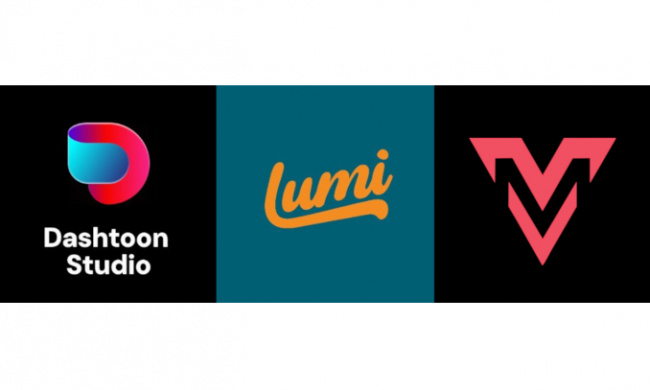
Column by Rob Salkowitz
Posted by Rob Salkowitz on August 28, 2024 @ 1:15 pm CT
MORE COMICS
Showbiz Round-Up
August 25, 2025
Hollywood news continues to trickle in late into August. Time for a round-up!
At Anime NYC
August 22, 2025
The winners of the 2025 American Manga Awards, organized by Anime NYC owner LeftField Media and Japan Society, were announced in a ceremony at Anime NYC in New York on August 21.
MORE COLUMNS
Column by Scott Thorne
August 25, 2025
This week, columnist Scott Thorne discusses Critical Role's decision to use Dungeons & Dragons 2024 rules over the Daggerheart RPG system in their newest campaign.
Column by Jeffrey Dohm-Sanchez
August 21, 2025
ICv2 Managing Editor Jeffrey Dohm-Sanchez continues to take a look at some of the issues revolving around Universes Beyond products.



